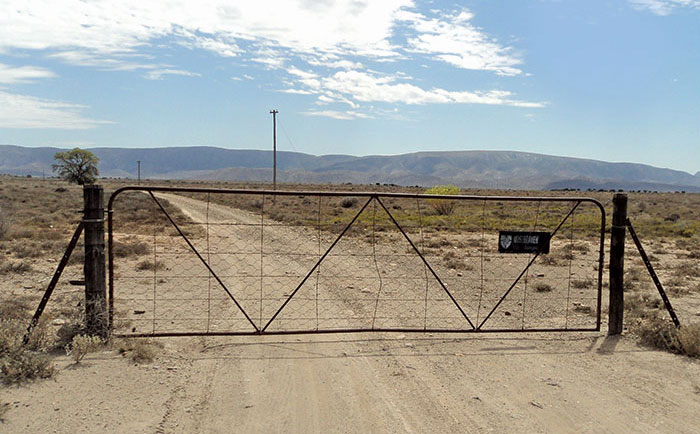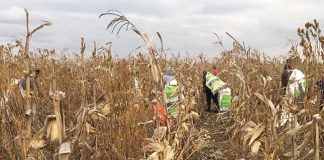
Reactions to the Rural Safety Summit recently hosted by the Department of Agriculture, Forestry and Fisheries in Pretoria have ranged from optimism to disillusion.
Kobus Breytenbach, chairperson of Agri SA’s Centre of Excellence: Rural Safety, said that the most positive development was the compilation of an action plan based on suggestions received during the sessions. The plan would be released for comment to all participants by the end of June before being worked into various strategies aimed at improving farm safety.
“To me, this illustrates that the summit was more than a mere talk shop,” he said.
A new rural safety strategy was also received positively by Breytenbach. He said that although it did not differ significantly from the strategy launched in 2011 and revised in 2015 and 2016, it would have its own budget and a larger group of stakeholders to provide input.
“It’s still uncertain what the budget will be, but it’s encouraging that it’ll be ring-fenced in the police so that it can only be used to enhance rural safety. Having a larger stakeholder group might also help add pressure for the successful implementation of the plan and increase the type of crimes covered in the strategy. For example, it will now also include timber theft,” Breytenbach said.
Turning to the farm murder statistics presented at the summit, he said there appeared to have been a gradual decline in farm murders since the 1990s, but a slight increase over the past year.
Most of the attacks seemed to be committed with criminal intent, and were not politically motivated.
“Something helpful that came out of this session was the request to identify reasons for discrepancies between statistics from different organisations and to find a way to work from the same statistics,” Breytenbach said.
Drikus Botha, TAU SA’s northern district manager, in contrast, was highly disappointed with the summit. He said that the talks had produced nothing new or meaningful regarding farm attacks and stock theft.
He also felt that the summit should have been attended by higher-ranking government authorities.
“The rural safety strategy looks good on paper, but it’s too generalised. A one-size-fits-all approach is not going to work in agriculture. Instead, we need a bottom-up approach, where each police station develops a workable strategy for its cluster, which is then worked up to national level,” Botha said.












